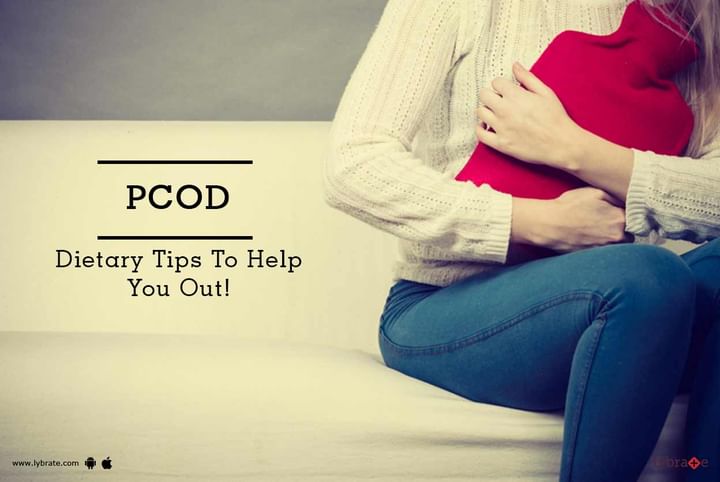PCOD - Dietary Tips To Help You Out!
What is PCOD?
PCOD or Polycystic Ovarian Disease is a disorder that causes innumerable hormonal disorders. It causes disruption in the normal menstrual cycle, often delaying it. Having been diagnosed with PCOD makes a woman prone to diabetes, cholesterol and cancer. A large number of cysts develop on the ovaries which enlarge when afflicted by this condition. PCOD can increase the chances of severe muscle spasms during one’s periods.
Causes Of PCOD-
-
The cysts are mostly caused due to hormonal changes and fluctuations.
-
It could be genetic.
-
PCOD can also be a result of an unhealthy lifestyle that includes little rest, inadequate sleep and unwholesome diet lacking in the right nutrients.
Symptoms Of PCOD-
-
Acne
-
Excessive growth of facial hair
-
Weight gain
-
Difficulty in losing weight
-
Excessive hair on body as well, including chest, stomach and back
-
Irregular menstrual cycle. Women may miss their periods, or bleed more than once a month
-
Extremely heavy bleeding
-
Severe pain and muscular cramps during menstruation
-
Problems getting pregnant
-
Other serious hormonal disorders
-
It can lead to diabetes
-
It can lead to repeated miscarriages
-
A major risk of PCOD if left untreated, is that it can lead to endometrial cancer
Diet For PCOD-
A healthy diet along with physical activities and abstinence from smoking can help to reduce the symptoms of PCOD and prevent the disease.
-
Increase the intake of fresh, green vegetables.
-
Cutting down on junk, fried food and most importantly, processed food.
-
Abstaining from or greatly reducing the intake of alcohol.
-
Including lots of fibre, roughage in the diet.
-
Cutting down on sugary, aerated drinks.
-
Including lean proteins in the diet.
-
Reduce dairy products as milk may raise the levels of testosterones in the body.
-
Reducing or eliminating consumption of caffeine may help to increase chances of a fertile reproductive system.
-
Prevent yourself from giving in to unhealthy food cravings. Eat small healthy meals at regular intervals.
-
Include fruits, nuts and colourful veggies in your diet.



+1.svg)
